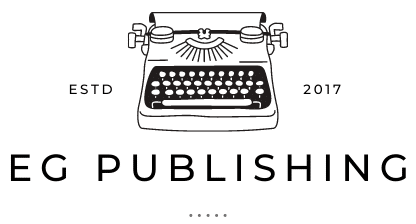By Libby Banks, The Law Office of Libby Banks, PLLC
If there’s one thing we might all agree on, it is that we are ready to say goodbye to 2020 and welcome a New Year. With the New Year comes resolutions: goals for weight loss, for personal improvement, for career advancement, and maybe even to put an estate plan in place.
Often, though, our New Year’s resolutions fall by the wayside before Groundhog Day. If we want this to be different, we must take a different approach.
One way is to think of the resolution not as an ultimate goal to be achieved, but as habits to put in place that will lead us to the changes we want. Instead of focusing on losing weight, focus on eliminating that bad habit of snacking before bed, and establishing a new habit of eating more vegetables.
Another focus can be on who you want to be: who will you be when you reach your goal? If you are aiming for fitness, perhaps your new habit is spending Saturday morning on a bike ride instead of on the couch.
Think also about what will keep you from establishing new habits to reach your goal. If you live with others who don’t have to watch their weight, you may find yourself surrounded by temptation. You need to figure out how to deal with that.
Next, enlist help! Find an accountability partner who is working toward similar goals. Ask your family members to help. Maybe they can hide their treats where you won’t find them (or at least keep them off the counter!).
One resolution on your list may be to create a will or trust. This is a great goal and easy to achieve. Just take it one step at a time.
- Get educated about estate planning
If you don’t know how to get started or what you might need, it’s easy to put off estate planning. One easy way to get more information is to look at my website, libbybanks.com. We have many educational offerings in video and blog format, all designed to give you an overview on the why and how of estate planning. - Take advantage of a free consultation
I offer a free initial consultation to let you ask questions and see if I am a good fit for you. In this one-hour meeting, we talk about why it’s important to plan. We discuss your specific situation and what type of plan would be best for you, and the different parts of the estate plan and how they work to take care of your family. - Get a complimentary review of your existing plan
Change is inevitable, and many things may have changed since you last updated your plan. Are your children adults and your named trustees now too old to serve? Have the laws changed? Have your assets changed? Our free review will go over all these questions and make sure your plan still serves your needs.
As always, we are here to help. To find out about our seminars, visit our website at libbybanks.com. To make an appointment for an initial estate planning consultation or estate plan review, call us at 602-375-6752, email [email protected], or check our website.






